Philanthropy411, in partnership with the National Network of Consultants to Grantmakers, is currently covering the Council on Foundations conference with the help of a blog team. This is a guest post by Lee Draper, Chair of the National Network of Consultants to Grantmakers and CEO of the Draper Consulting Group.
By: Lee Draper
Jacob Harold has mentioned the standing ovations (in his recent blog posting). Indeed, Al Gore moved us as few plenary speakers at COF conferences have. He was both a passionate orator and a thoughtful provocateur, challenging us to act and to act now. His quotes are worth remembering.
At the onset, Gore was remarkably gracious about the audience of grantmakers and acknowledged others who had done important work in the field who were seated in the audience, and he expressed appreciation for philanthropy’s abiding role in social change. He drew parallels to the themes of the Council on Foundation’s conference—social change, social justice, social innovation, and their intersections–rather than giving a prefabricated speech appropriate to any group. In the end, he came forward with a powerful voice and moved us all to a higher level of commitment and engagement.
I shall simply share a summary of his profoundly important clarion call to action…as a reminder to those of us who were there and to share key points with those that couldn’t be.
Gore began by providing an historical context for the road map to mobilization about the environment. He went to the heart of successive democratic movements and ideals, by drawing the connection between access to information and the ability of people to change unjust circumstances. The roots of American democracy were born in the wresting of control of information from the exclusive dominion of feudal elites. The rise of populism is inextricably linked to the invention of the printing press. Information enabled ordinary people to become engaged in discussion of societal issues and to press for a role in civic decision-making. Not only did Martin Luther post his penned principles of revolt to the doors of church power, but hundreds upon thousands of copies were printed for wide distribution.
The democratization of access to information and engagement in civic decision-making laid the bedrock for the birth of our new nation based on ideals of equality, justice, and opportunity for all.
Today, we are experiencing a sea change in this relationship of democracy’s promise and an informed electorate. Broadcasting’s increasing supplanting of the printed word in the 1930s, with the introduction of radio and then television, has created the re-feudalization of information and led to dramatic decrease in civic engagement and empowerment. In cities across the U.S., newspapers are going out of business and local news is dropping reporters.
The dominance of conglomerates in owning broadcast media has led to a one-way flow of information. Entertainment is the underlying basis instead of issues and substance. The 30-second infomercial has become the vehicle of shaping public opinion.
“Hatred is a potent drug in the veins of the population.”
The amount of money a candidate has is a direct determinant of whether they get to hold office. Elected officials spend 4, 5, 6 hours a day in fundraising for their campaigns. Discussions of the role of justice, the debate of ideas, have been eclipsed by the influence of money.
This represents the reversal of the forces that led to 1776 when the debate of ideas and the role of popular engagement in political life displaced the centralization of information, money, and power.
The role of philanthropy is phenomenally important, and in future years, it can be even more potent. Gore reminded us that we are in the midst of the much anticipated transference of wealth in America, even though awareness of this significant financial distribution has been overshadowed by discussions of economic recession.
Gore took a tangent that many have been commenting subsequently: one of the key factors in the current financial meltdown was the misalignment of principles and investment strategies. He called into question philanthropy’s fiduciary responsibility. While our investment rhetoric talks about long-term preservation, our actions are preoccupied by short-term gains. Attitudes like “if we could make money driving the economy over the cliff, we will” quoted in emails from major investment houses or the pervasive rewarding financial managers on a quarterly or annual basis when the rewards of solid management, investments in retooling, or repositioning for future productivity take 1, 2, more years to see. Most of us know that long-term investment is the correct perspective, but very few foundations have done anything to operationalize this in investment strategies, benchmarks, or instruments. Stated values and policies are not enough; foundations need to build consistency between these and methods, and hold ourselves accountable.
Gore’s energy rose as he turned to the environment.
He reviewed the current decrease of the oceans’ vitality, rising sea levels, loss of glaciers, the intensity of weather condition, the rise of humidity and its impact on drought/floods/seasons/, the loss of agricultural productivity, and the rise of tropical diseases to name some of the significant reflections of the scale and scope of the problem.
However, he challenged that the pollution at the base of these conditions is invisible, out of mind, an inconvenient truth. Our legislators can continue to debate whether or not to discuss global warming, let alone how to act on it. We are also one of the top polluters in the world. Yet we are the richest nation in the world and we are still looked to as a standard bearer, no matter how tarnished our image. We can become a world leader in the environment.
The way we think about this is the challenge. “We carry the thinking of our ancestors and, as such, we are the carriers of their responses to the threats they survived. If a snake wriggled through the ballroom, no one would debate what kind of snake it is. The one who did that then didn’t survive to be our ancestor.”
But now, we must think a new way from those who came before. Because the conditions of possible annihilation are out of sight and easy to ignore without immediate consequence.
Gore offered the example of the framers of the Marshall Plan, who after World War II approached the world’s conditions with an audacious strategy. Their forward thinking has led to a unified Europe, astounding prosperity, and mutual understanding and partnership among formerly bitter enemies. “They steered by the stars, not by the lights of passing ships.”
What will successive generations of young people say about what we do now? Will we give them a world that is better than we received it from our parents and grandparents? Or, will we give them a world of degradation? Will they look at us aghast and ask us, “What were you thinking? Were you asleep or just watching ‘Dancing to the Stars?’”
He admonished us to give them a strong platform of green industry, renewable energy, and sustainable growth. Let us hope that they ask us with pride, “How did you muster the courage to change the world in the face of the seemingly insurmountable challenges you faced?”
Every cause philanthropy works on is affected by this condition of climate change. This is not “an issue” or “a program area”, this is our future.
He shared the African proverb that says, “If you want to go quickly, go alone. If you want to go far, go with others.” We need to go quickly and far. We have to work together to unlock the fire of social change, social innovation, and social justice, and do this in a passionate and practical way.
“Let us not forget that political will is a renewable energy.”






